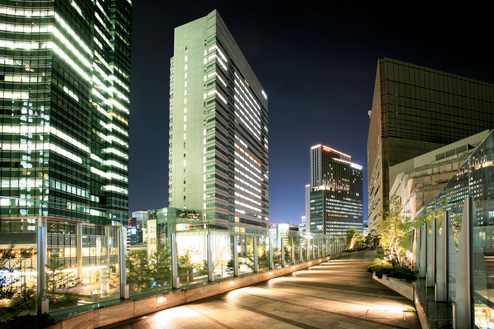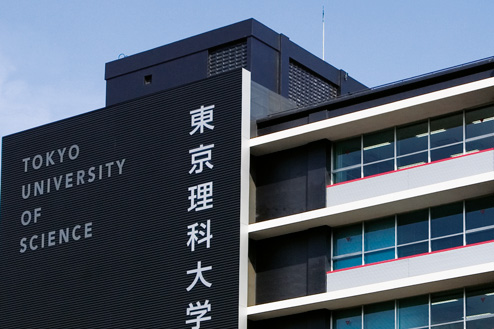The Lease
Always read the lease carefully before signing. If in doubt take a Japanese-speaking friend with you when you go to sign. Knowing exactly what you’re getting and what’s expected of you will save you time, money, and prevent any nasty surprises down the line.
Most leases will be in Japanese. If you are dealing with an agency or landlord that caters to expats you may get a copy in English too. The lease should be signed by the tenant and the landlord. Occasionally, a guarantor’s signature is required as well.
A landlord will usually ask for a copy of your Certificate of Alien Registration card, proof of employment (such as an income statement from your employer), basic bank information (such as a copy of the front page of your bankbook), and possibly a copy of your passport and visa.
Leases are usually a two-year commitment. If you choose to move before then, you are normally required to give one or two month’s notice. Moving out early may mean losing a big chunk of your security deposit, and/or a penalty fee.
‘Key money’ and the security deposit are usually paid before moving in. Rent is usually paid monthly by bank transfer.
Most landlords will remind you several weeks in advance that your lease is up. If you choose to renew, this is the time to negotiate any rent hikes. Most accommodation requires a renewal fee equal to one month’s rent. Your landlord will send you a copy of the new lease, and you will have to fill out everything again, including any forms that need to be signed by a guarantor.
Tenants are expected to keep their apartment or house in good working order. This includes maintaining the garden, cleaning air-conditioning filters, and keeping plumbing free from obstruction. Any repairs are usually at the cost of the tenant.
On moving out, most leases require that you leave the apartment as it was when you moved in. This means that it’s best not to make improvements or renovations without your landlords consent. Some landlords may strike a deal with you regarding additions such as extra air-conditioning units and reduce your rent on renewal or offer a bigger refund when you move out.
Most leases will be in Japanese. If you are dealing with an agency or landlord that caters to expats you may get a copy in English too. The lease should be signed by the tenant and the landlord. Occasionally, a guarantor’s signature is required as well.
A landlord will usually ask for a copy of your Certificate of Alien Registration card, proof of employment (such as an income statement from your employer), basic bank information (such as a copy of the front page of your bankbook), and possibly a copy of your passport and visa.
Leases are usually a two-year commitment. If you choose to move before then, you are normally required to give one or two month’s notice. Moving out early may mean losing a big chunk of your security deposit, and/or a penalty fee.
‘Key money’ and the security deposit are usually paid before moving in. Rent is usually paid monthly by bank transfer.
Most landlords will remind you several weeks in advance that your lease is up. If you choose to renew, this is the time to negotiate any rent hikes. Most accommodation requires a renewal fee equal to one month’s rent. Your landlord will send you a copy of the new lease, and you will have to fill out everything again, including any forms that need to be signed by a guarantor.
Tenants are expected to keep their apartment or house in good working order. This includes maintaining the garden, cleaning air-conditioning filters, and keeping plumbing free from obstruction. Any repairs are usually at the cost of the tenant.
On moving out, most leases require that you leave the apartment as it was when you moved in. This means that it’s best not to make improvements or renovations without your landlords consent. Some landlords may strike a deal with you regarding additions such as extra air-conditioning units and reduce your rent on renewal or offer a bigger refund when you move out.













